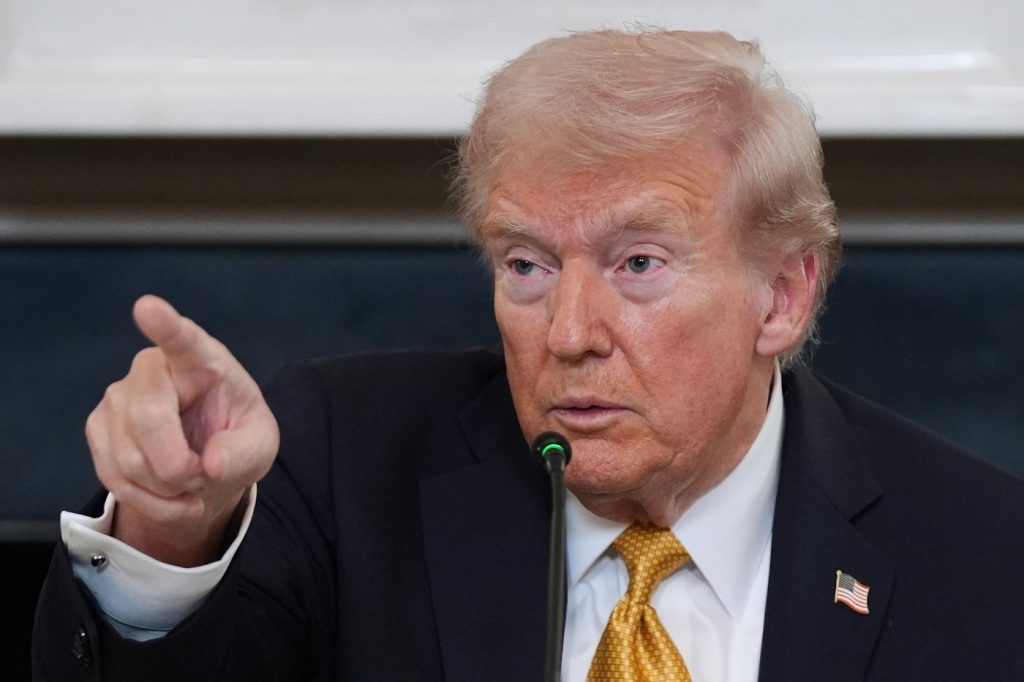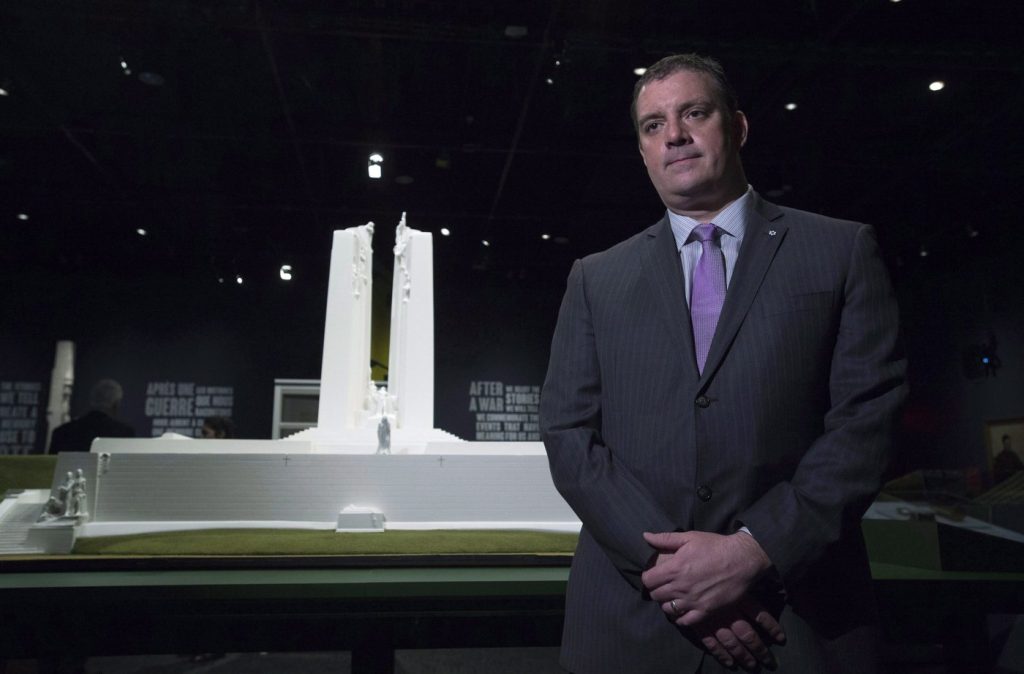President Donald Trump announced on Saturday his plan to increase tariffs on Canadian imports by an additional 10%. This decision was triggered by an anti-tariff television advertisement aired by Ontario, which utilized quotes from former President Ronald Reagan to criticize U.S. tariff policies. Trump's response included a vow to terminate ongoing trade negotiations with Canada, escalating the tensions between the two countries.
The provocative advertisement, which aired during the first game of the World Series on Friday night, drew ire from Trump. Premier Doug Ford of Ontario confirmed that the ad would be pulled after the weekend. Trump voiced his frustration on his Truth Social platform, asserting that the ad intended to misrepresent facts and acted hostilely against the U.S. He stated, "Their Advertisement was to be taken down, IMMEDIATELY, but they let it run last night during the World Series, knowing that it was a FRAUD."
He continued, "Because of their serious misrepresentation of the facts, and hostile act, I am increasing the Tariff on Canada by 10% over and above what they are paying now." The White House did not respond immediately regarding the legal basis for this tariff increase, nor did they clarify when it would take effect or whether it would encompass all Canadian products.
In contrast, Canadian Minister of Trade Dominic LeBlanc stated on social media that Canada remained "ready to build on the progress made in constructive discussions with American counterparts." He did not address Trump's tariff threats or the controversial ad directly, subtly indicating that the ad was not a message from Canada's federal government.
Furthermore, Conservative Leader Pierre Poilievre criticized the current government, suggesting that Canada would not be facing the tariff increase if the Minister had delivered on negotiations. Meanwhile, Ford defended the intent behind the ads, stating that they aimed to provoke discussions about the economic conditions that American citizens desire and the effect of tariffs on workers and businesses. He noted, “We’ve achieved our goal, having reached U.S. audiences at the highest levels.”
Approximately 75% of Canadian exports flow into the United States, with about $3.6 billion Canadian (approximately $2.7 billion U.S.) crossing the border each day. Currently, many Canadian products face tariffs as high as 35%, while steel and aluminum imports are subject to rates of 50%. Energy products have a lower tariff rate of 10%, and select goods covered by the U.S.-Canada-Mexico Agreement are exempt. This agreement, negotiated by Trump during his first term, is set for a review amid escalating trade strains.
Both Trump and Canada's former Prime Minister, Carney, are scheduled to attend the Association of Southeast Asian Nations summit in Malaysia. However, Trump expressed no interest in meeting Carney during the event.
Trump contended that the advertisement misrepresented Reagan's perspective, even though Reagan was known to be skeptical of tariffs, as reflected in the 1987 address featured in the Ontario ad. Analysis from the New York Times revealed that while the ad may have reordered elements of Reagan's speech, it did not significantly alter or misrepresent his words.
The ad was primarily broadcast on right-wing media outlets, including Fox News and Newsmax, targeting Republican viewers. Trump has also criticized the advertisement as an attempt to sway the U.S. Supreme Court ahead of an important hearing regarding his authority to implement extensive tariffs, which have previously been ruled beyond his legal reach.
Additional Tariff Implications
Industry experts have warned that the proposed tariff hike could adversely affect American consumers. Flavio Volpe, president of the Automotive Parts Manufacturers’ Association, emphasized that the tariffs could potentially impose a $50 billion burden on American consumers due to Trump's emotional reaction to the ad. Canada’s automotive sector, in particular, stands to be heavily impacted by Trump's tariffs.
California Governor Gavin Newsom, who has frequently clashed with Trump, also criticized the tariffs. He claimed that these additional costs would ultimately punish American citizens due to Trump's hurt feelings over the advertisement.












